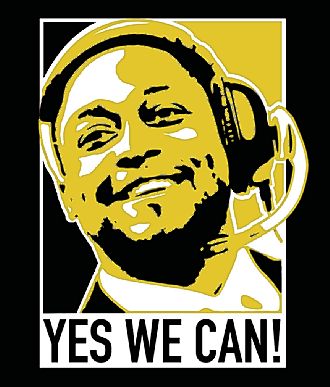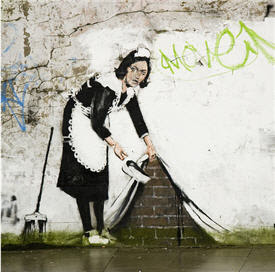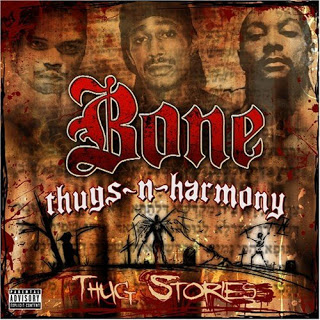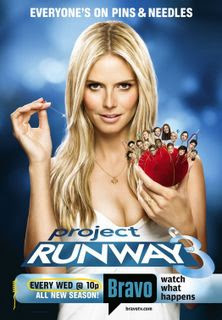 Lay of The Land
Lay of The Land
I am often asked by young adult cancer patients how to best go about writing and publishing a book. The answer is complex and calls for a series of posts.
Many changes have happened in the last two decades in publishing, both constricting and expanding the possibilities for getting your words in print. Massive conglomeratization has occurred in the publishing world – the 200 some major presses that dotted the publishing terrain have merged or been bought out. They have become imprints of the big giants, leaving about twelve big-players. At the same time, self-publishing has blossomed, putting more DIY book publishing power in the hands of the people.
Donald A. Wilhelm is the author of This Time’s a Charm; Lessons of a Four-Time Cancer Survivor. I asked him to write the following post on why he chose to self-publish his book. In subsequent ‘Should You Write A Cancer Book?’ posts, I’ll walk you through the steps I took to get my book Everything Changes published, outlining the pros and cons of getting published by a large sized publishing house. We’ll also hear from author and editors who work with small and mid-sized presses and university presses.
Donald A. Wilhelm:
“As a four-time cancer survivor, you have no idea how many times I’ve heard the phrase ‘You Should Write a Book!’ after I tell people my story. And for the longest time, I would always respond the same way… ‘Yeah, you’re probably right.’
After beating cancer, you are approached quite regularly, by friends or family members, to give advice to a third person that has recently been diagnosed. It’s an honor, a privilege and a duty to do so. But something always bugged me about giving advice to the newly diagnosed. The quantity and quality of advice I could give was limited by the amount of time I could spend with that person and the rate at which they could absorb the information I was giving them. But then one day it hit me. ‘Hey, I SHOULD write a book!’ I could write out all the experiences I have had in my cancer career and include the advice I would normally give. That way everyone would receive the same quantity of advice and could absorb it at their own rate. So Presto-Change-O…I was a writer.
Let me pause by admitting that when I started this process, I simply had no idea what was involved in writing a book. But I started anyway. Part of my “book time” was reserved for actually writing, while the rest of it was dedicated to reading other books about writing & publishing.
It took more than five years for me to complete the book from the time I first realized that I needed to. In my particular case, it took this long because I had 3 subsequent cancer relapses followed by chemo, radiation and eventually a stem cell transplant. So my writing journey kept being interrupted. I think looking back, that if I just sat down to write a book about a topic I was well versed in, it should take only about a year to do so. And that’s assuming you have a day job to keep up with as well.
The most difficult part of writing for me was the constant grind each day of ‘having to write.’ Even though I only wrote for 45 minutes a day, doing that for more than a year can really wear on you. Additionally, my most creative time of the day is somewhere between 2-5p.m. But given that I have to work a ‘regular job’ like most of you, I had to force myself to get creative first thing in the morning. Writing at 7a.m. for me was not easy.
I also spent about a year studying the different ways to actually publish a book. I investigated traditional publishing houses, traditionally self-publishing and so-called ‘Print on Demand.’ Ultimately I chose a company called BookSurge to publish my book. It was the right solution for me and I’m very happy with my results. I would recommend self-publishing to most people and suggest that you start your research by reading: The Self-Publishing Manual, How to Write, Print & Sell Your Own Book by Dan Poynter and The Well-Fed Self-Publisher by Peter Bowerman.
The reasons I chose self-publishing were many. Here’s a list of some:
• I didn’t want to give up control of the content of my book. My message was going to be clear, concise and occasionally filled with raw emotion. Nobody was going to tell me to “tone it down.” Cancer can’t be toned down.
• IF I were to get a book deal with a traditional publisher, it could take as long as 18 months for the actual book to come out. That delay was unacceptable to me.
• IF I were to get a book deal with a traditional publisher, I would still have to do all the publicity and marketing for it on my own. (Big houses spend those marketing dollars on authors like Steven King, not Donald Wilhelm.)
• IF I were to get a book deal with a traditional publisher, I would expect to make very little per book, virtually making the whole process a wash. Publishing is a business and you need to treat it as such.
• I have spent my whole career in sales. I feel I’m very good at conveying the benefits my company represents to my potential customers. I certainly should be able to sell my own story to fellow cancer patients and their loved ones.
• Books that are sold through the traditional channels in the publishing industry are sold as “returnable.” So at any given point, Barnes & Noble could ship back the 20,000 copies they ordered a year ago and expect a full refund! Even if they’re damaged. That business model simply doesn’t work for me.
If I could leave you with a bit of advice, I’d start by saying, ‘Do your research.’ Make sure you understand the publishing industry. Make sure the messaging in your book resonates with your intended readers. Make sure your cover price meets certain rules of thumb so you don’t end up producing an unprofitable book.
Next, make sure you’re passionate about the topic you’re writing. You’re gonna spend a notable amount of your life with this book. It needs to be something that can get you out of bed in the morning. Once you start on your path to publishing a book, don’t look back. Don’t let anyone dose your fire. See it through to the end. And finally, start writing! Don’t put off the writing until all the research is done. Just make sure you do both thoroughly. Your goal as a new writer is to complete a really crappy first draft. That’s all you have to do. Just organize your thoughts and get them down into a Word doc. Presto-Change-O…you’re a writer.”
Have you ever thought about writing a book on your cancer experience? What encourages and discourages you about writing and publishing? Are there any additional questions you have for Donald about self-publishing?



![]()
![]()






 “Everything Changes is, without doubt, the most forthright, emotionally sophisticated, and plain-old valuable book of its kind I've seen.”
“Everything Changes is, without doubt, the most forthright, emotionally sophisticated, and plain-old valuable book of its kind I've seen.”












